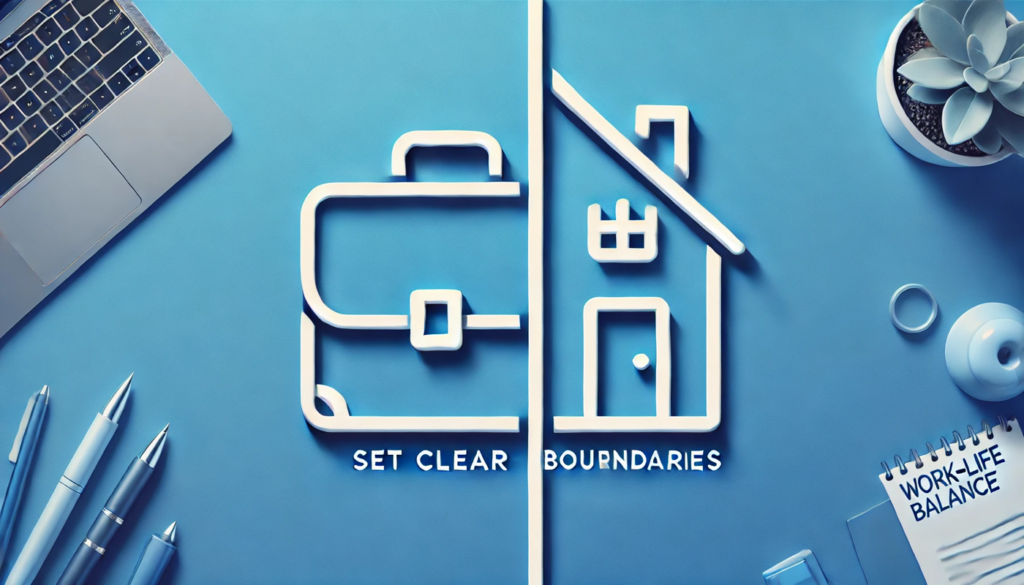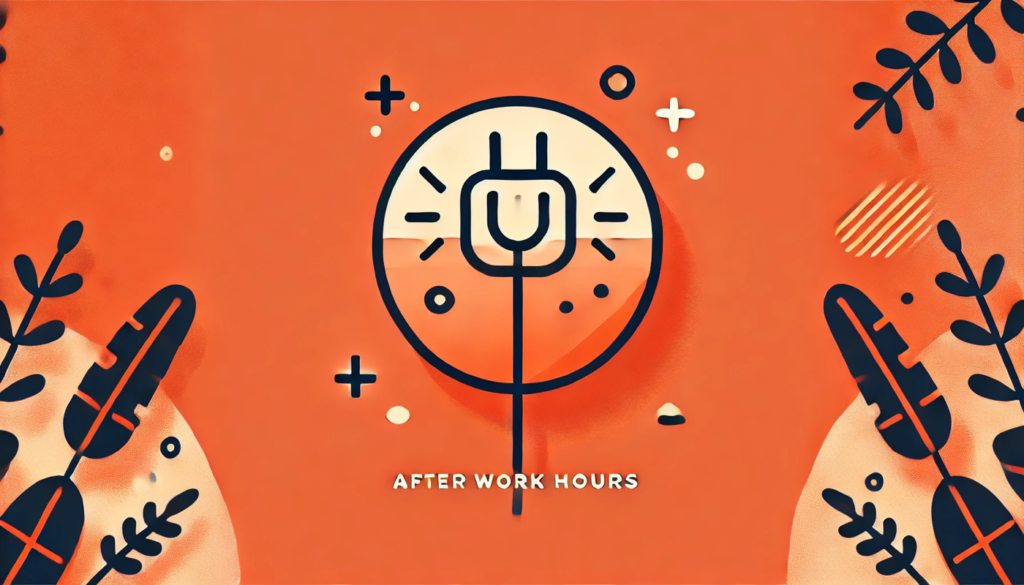How Do You Achieve a Work-Life Balance?

In a world that never seems to slow down, the concept of work-life balance feels like a distant dream for many. Balancing the demands of a career with personal life isn’t just about managing time—it’s about creating harmony between the two. Whether you’re juggling deadlines, family responsibilities, or personal aspirations, finding a balance is crucial to living a fulfilled and healthy life. Let’s explore what work-life balance means and the steps you can take to achieve it.
What Is Work-Life Balance?
Work-life balance refers to the state of equilibrium where a person equally prioritizes the demands of work and the joys of personal life. It doesn’t necessarily mean dividing time equally but finding what works best for your unique circumstances.
Many people misunderstand work-life balance, thinking it’s about achieving perfection in every area of life. However, balance is more about aligning your actions with your priorities. For instance, during a busy project phase, work might take precedence, but this can be balanced by focusing more on personal time after the project concludes.
Ultimately, achieving balance is highly individual. What works for one person may not work for another. Understanding your personal needs and values is the first step toward finding harmony in your life.
What Are The Benefits Of A Healthy Work-Life Balance?
A healthy work-life balance offers numerous benefits that go beyond just feeling good—it can transform your physical, mental, and emotional health.
- Physical Health Benefits: Overworking often leads to burnout, sleep deprivation, and even chronic illnesses. By maintaining balance, you ensure time for exercise, rest, and proper nutrition.
- Mental and Emotional Well-being: A balanced lifestyle reduces stress and anxiety, fostering a sense of peace. It helps you feel more in control, which boosts your self-esteem and confidence.
- Improved Productivity and Creativity: When you’re not overwhelmed by work, your mind can think more clearly. This clarity often leads to better problem-solving and creative thinking.
- Strengthened Relationships: Spending quality time with loved ones strengthens bonds and creates lasting memories. It’s easier to be present and supportive when you’re not consumed by work-related stress.
Here Are The 10 Best Ways to Achieve Work-Life Balance

1. Set Clear Boundaries
One of the most effective ways to maintain work-life balance is by setting boundaries. Define your work hours and communicate them with your team and family. For example, if you decide not to check emails after 7 PM, stick to it. This separation helps create a mental switch between work and personal life.
2. Prioritize Your Tasks
Learning to prioritize tasks is a game-changer. Start by identifying what truly matters. Tools like the Eisenhower Matrix can help categorize tasks into urgent, important, or unnecessary. By focusing on high-priority activities, you free up time for personal growth.
3. Take Regular Breaks
Don’t underestimate the power of a 10-minute break. Studies show that short breaks can recharge your brain, improve focus, and reduce fatigue. Consider taking vacations periodically to completely disconnect and refresh.
4. Learn to Delegate
It’s tempting to do everything yourself, but delegation is a critical skill. Whether it’s assigning tasks at work or asking family members for help at home, sharing responsibilities lightens your load.
5. Practice Mindfulness and Meditation
Mindfulness keeps you grounded. Simple practices like taking a few deep breaths before starting your day or meditating for 10 minutes can make a huge difference in reducing stress.

6. Unplug After Work Hours
In today’s digital age, being constantly connected can blur the line between work and personal life. To achieve balance, create a habit of unplugging after work hours. Turn off work-related notifications or set your devices to “Do Not Disturb” mode. Instead, focus on activities like reading, spending time with family, or engaging in hobbies.
Establishing a screen-free routine before bed also improves sleep quality. Consider dedicating the last hour of your day to winding down with activities that calm your mind, such as journaling or light stretching.
Remember, work can wait. Your well-being should come first.
7. Invest in Physical Health
Your health is your greatest asset. Regular exercise, a nutritious diet, and adequate sleep are essential to maintaining a balanced life. Physical activity doesn’t have to mean intense workouts—walking, dancing, or yoga can be just as effective.
Meal prep can save time and ensure you’re eating healthy during busy weeks. Similarly, prioritizing sleep helps you wake up refreshed and more focused. Start by aiming for 7-9 hours per night and creating a consistent sleep schedule.
When you take care of your body, you’ll notice a positive ripple effect on every other area of your life.
8. Build a Support System
No one achieves work-life balance alone. Surround yourself with people who uplift and support you. A trusted network of family, friends, or mentors can offer guidance and encouragement when life gets overwhelming.
Consider joining community groups or professional networks. These connections not only provide emotional support but also open doors to opportunities for personal and professional growth.
Lean on your support system when you need help, and don’t hesitate to offer assistance in return. Together, you can navigate challenges more effectively.
9. Pursue Hobbies and Passions
Hobbies are like mini-vacations for your mind. They allow you to recharge, express creativity, and find joy outside of work. Whether it’s gardening, painting, hiking, or playing a musical instrument, make time for the activities that light you up.
Schedule hobbies just like you would a meeting or appointment. Treat this time as sacred—it’s your opportunity to connect with yourself and unwind. Hobbies also offer a chance to learn new skills and meet people who share your interests, further enriching your life.
10. Seek Professional Help When Needed
Sometimes, life’s challenges require expert guidance. Seeking professional help—whether from a therapist, counselor, or coach—is a proactive step, not a sign of weakness.
Therapists can help you manage stress, resolve conflicts, and develop coping strategies. Life coaches, on the other hand, can assist in setting goals and creating actionable plans for work-life balance.
Remember, asking for help shows strength and a commitment to your well-being. It’s one of the most empowering steps you can take toward achieving harmony in your life.
Achieving work-life balance isn’t about perfection; it’s about creating a lifestyle that supports your well-being and happiness. By setting boundaries, prioritizing self-care, and focusing on what truly matters, you can find harmony between work and personal life. Start small—choose one strategy from this list and commit to it for a week. Over time, these small changes will lead to a more balanced and fulfilling life.

